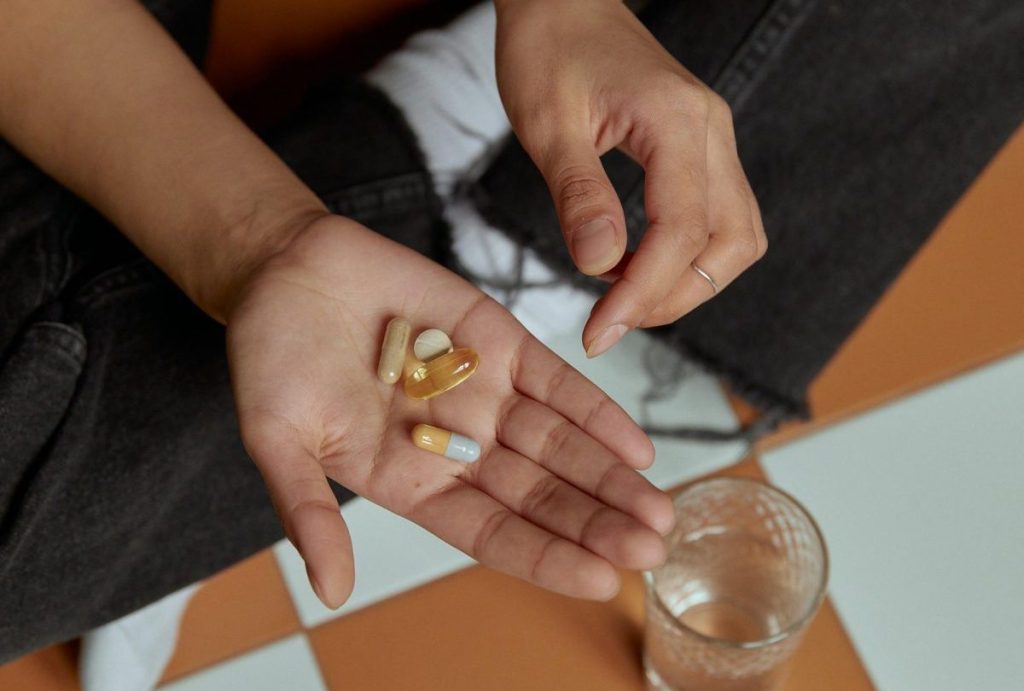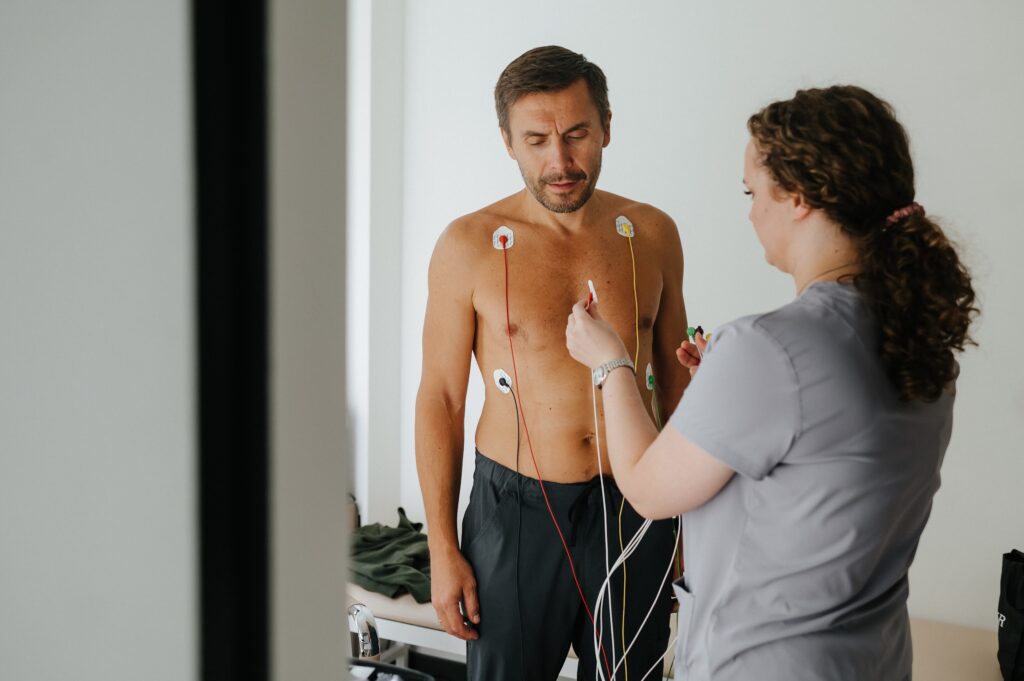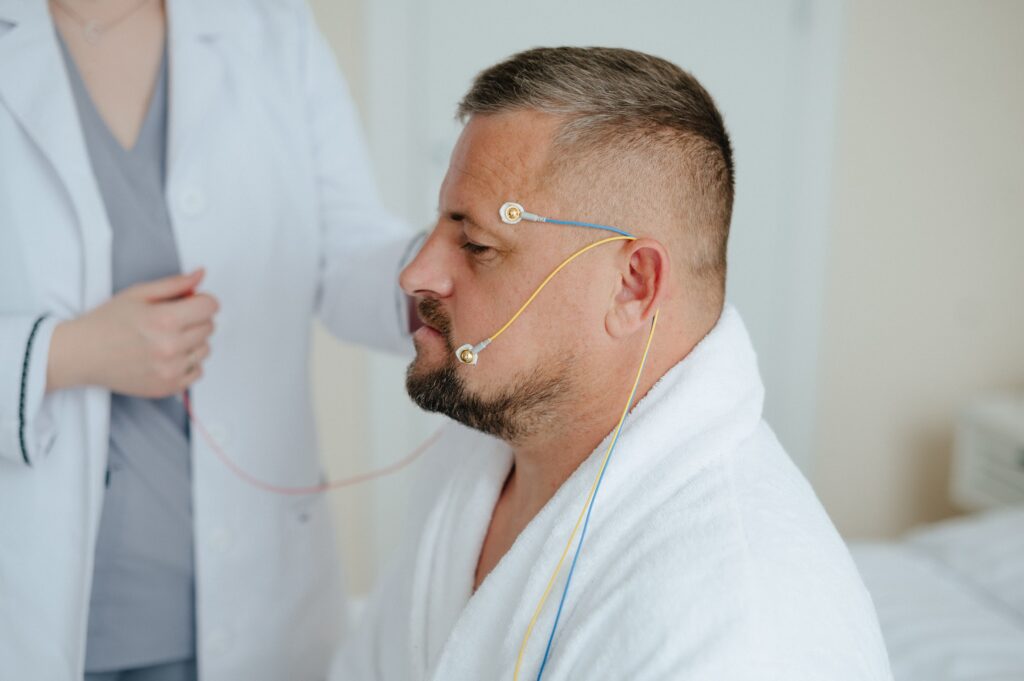health blog

When stress has become a regular part of your daily life, it's important to find ways to recharge and de-stress. Natural methods that don't require medication or complicated procedures have been proven to be effective in combating stress.

Stress is a protective response of the body that triggers beneficial adaptation mechanisms, increasing physical and mental activity, preparing us to react quickly in critical situations. Such stress can be useful in the short term, as it helps to cope with immediate challenges.

While a few decades ago, in the era of diets and quick-weight-loss myths, weight loss was mostly about calorie restriction, we now have much more science-based facts that allow us to understand the processes that occur in the body. And these facts are changing our ideas about what really works and what doesn't.

“If the human immune system were simple, we would all be extinct long ago,” — with these words began her famous TED talk by Yale University immunology professor Akiko Iwasaki. This statement reflects the revolution that is taking place in our understanding of immunity. From the simple concept of “one pathogen — one response,” medical science has come to understand immunity as a complex adaptive system that is constantly learning.

Dietary supplements are controversial among consumers and scientists alike. Do they really work, or are they just a marketing ploy? Let's take a look at the evidence, research, and case studies that may influence your attitude toward dietary supplements.

As technology advances faster than we can comprehend it, biohacking is going beyond the realm of trend. It is no longer just a set of life hacks, but a serious field of science that combines genetics, neurobiology, physiology, and molecular biology. Is it possible to “break the system” of aging and reverse the process? Let’s take a look at what science can actually do and what remains in the realm of fantasy.

Myths that should be forgotten forever
Is 2 liters of water a day really the standard? New scientific research questions the common advice. It turns out that what we have heard and believed is not entirely true. Let's figure out what affects the need for water, and why 2 liters is not the standard, it is not one and for everyone.

Nowadays, more and more attention is paid to the role of food as a therapeutic agent. After all, many foods are able to influence metabolic processes that may be considered beyond the reach of diet. Here are 8 new scientific confirmations of the therapeutic effects of nutrition. 1. Activation of health genes One of the most interesting areas of nutritional research concerns epigenetics - the science of how external factors, in particular […]

Cardiovascular diseases (CVD) remain the leading cause of death in the world. According to the World Health Organization (WHO), about 17.9 million people die from CVD every year. However, modern medicine has a working arsenal of diagnostic tools that allow you to detect problems at an early stage and prevent the development of serious complications. The importance of early diagnosis Early detection of risk factors and the initial stages of cardiovascular […]

CPAP quest: is it possible to choose a device for perfect sleep? Apnea is the cause of cognitive decline, the development of hypertension, impotence, tension headaches, weight gain (and prevents its reduction), and in some cases can even cause death in a dream. In addition, chronic snoring of one of the spouses harms the healthy sleep of the partner. When a person snores, then it calms down […]

only useful